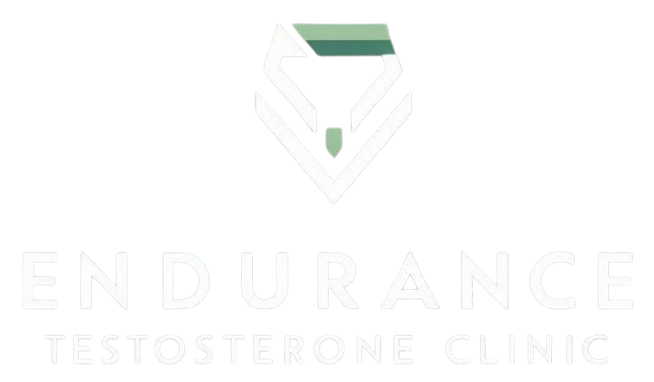Frequently Asked Questions
Free vs. Total Testosterone
While total testosterone provides a general overview of hormone levels, free testosterone is more indicative of functional hormonal status. Health practitioners may recommend targeted testing to measure free testosterone levels, particularly in men presenting with symptoms suggestive of testosterone deficiency.
Influence of Lifestyle Factors
While testosterone therapy offers substantial benefits, it is imperative to recognize that lifestyle modifications are equally essential for optimizing treatment efficacy. Interventions such as maintaining a healthy weight, engaging in regular physical exercise, and adopting a balanced diet rich in essential nutrients can enhance testosterone levels naturally and contribute to overall health improvements.
Generational Decline in Testosterone Levels
Epidemiological studies reveal a concerning trend of diminishing testosterone levels among men across generations. This decline has been correlated with multiple factors, including rising obesity rates, sedentary lifestyles, and environmental exposures such as endocrine disruptors. Such reductions in testosterone can lead to a cascade of health complications, including infertility, diminished sexual function, and increased risk of metabolic syndrome.
Optimizing Physical and Mental Performance
Adequate testosterone levels are essential for maximizing both physical and cognitive performance. Research indicates that men undergoing testosterone replacement therapy often report significant improvements in mood, energy levels, mental clarity, and overall quality of life. This enhancement in well-being can lead to improved motivation and productivity in daily activities.
Myths Surrounding Prostate Cancer
Extensive scientific investigations have effectively debunked the misconception that testosterone therapy increases the risk of developing prostate cancer. In fact, emerging evidence suggests that low testosterone levels may be more concerning, as they are associated with various health risks, including increased cardiovascular issues and metabolic dysfunction. It is essential for men considering testosterone therapy to engage in informed discussions with their healthcare providers regarding the benefits and risks.
Fertility Preservation Strategies
For men undergoing testosterone therapy, maintaining fertility and testicular size is a critical consideration. Medications such as human chorionic gonadotropin (HCG) and clomiphene citrate (Clomid) have been shown to be effective in preserving spermatogenesis and testicular volume. These agents stimulate the body’s natural production of testosterone and promote the maintenance of reproductive function, underscoring the importance of personalized treatment approaches tailored to individual patient needs.

